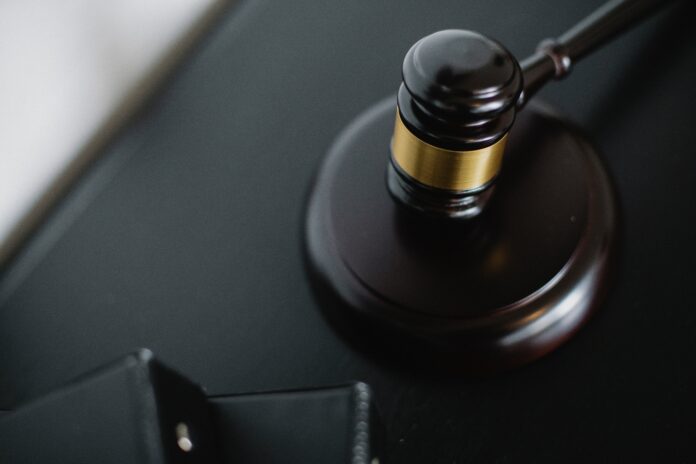The petitioner, a lawyer appearing for a criminal case applied for an arms license on account of self-defence, apprehending threats from accused persons against whom he appears in various courts.
The lawyer’s application was rejected by the licensing authority, taking into account that the applicant has never been a victim of a crime. Moreover, no disclosure of any instance of threat to his life or property or personal enmity was made by him. The lawyer also did not disclose any specific threat to his life or having a dispute with anyone.
The Delhi High Court said an advocate appearing in a criminal matter would not be a sufficient ground to grant an arms license.
The Court said that lawyers, who appear on the criminal side for the accused or the prosecution, cannot claim a right to own an arms license as this could result in the issuance of arms licenses indiscriminately.
Justice Prathiba M Singh dismissed the plea of an advocate, who moved the Delhi High Court challenging an order of the Delhi Lieutenant Governor, who did not interfere with the decision of licensing authority rejecting the petitioner’s application seeking an arms license.
“Arms license is a creation of the statute and the licensing authority is vested with the discretion whether to grant or not grant such a license, depending upon the fact situation in each case. All lawyers/advocates who are appearing on the criminal side for the accused or the prosecution cannot claim a right to own an arms license, inasmuch as this could result in the issuance of arms licenses indiscriminately,” Justice Singh said.
The licensing authority in the matter said that there are thousands of practising advocates in the city and if the ground put forth by the applicant were to be considered criteria for issuing an arms license then it would be constrained to issue arms licenses to practising advocates in thousands.
The licensing authority further stated, threat perceptions can only be assessed by the investigating agency and an arms license cannot be claimed by anybody as a matter of legal right.
The order of the licensing authority was challenged by the petitioner before the Delhi Lieutenant Governor, who rejected the appeal of the petitioner, who challenged the said decision in the Delhi High Court.





